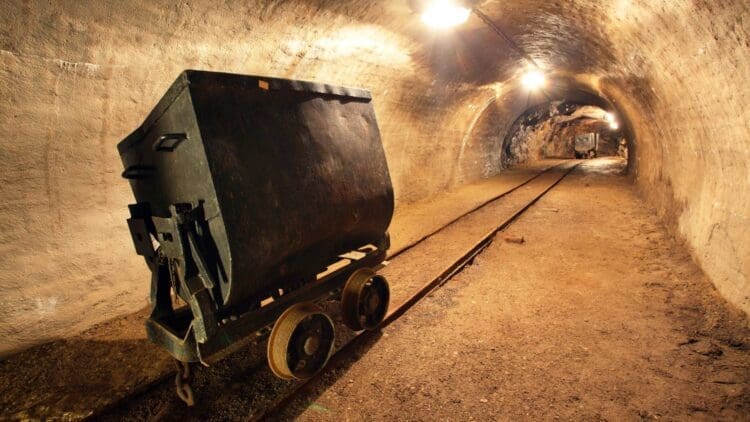South Africa has decided to open its rail network to private firms in order to boost coal exports. The government announced that it would accept submissions from private companies to boost the country’s coal sector, alongside the state-owned Transnet, which has had a monopoly of sorts in the rail sector. The Rainbow Nation has been struggling to expand its rail network due to crumbling infrastructure, government corruption, and sabotage. The rail network is crucial to South Africa across the freight and public transportation sectors, and the public has welcomed the plan to expand the coal sector.
South Africa has selected 11 companies from 25 applicants to expand the coal sector
While the government has remained silent as to who those 11 companies are, Grindrod, a logistics company, has confirmed it was one of the applicants. The railway network in South Africa plays an integral role in the economy, transporting goods and people throughout the nation. Transport Minister Barbara Creecy noted that the applicants had cleared safety and technical tests and now enter the negotiation phase.
Those negotiations will last for 3-6 months, and once the network contracts have been awarded, the first private locomotives are expected to haul coal, iron ore, and containers by the second half of 2026, with most operators targeting 2027–2028. Transnet has had a monopoly in the rail sector since the end of Apartheid, 30 years ago.
While the government still plays a role in the rail sector, it has welcomed the expansion of the private sector’s involvement in the coal sector. Minister Creecy noted that the expansion is meant to strengthen the nation’s rail network and is not meant to compete with Transnet.
“The companies are not cannibalising Transnet freight, they are adding capacity to what Transnet Freight is already carrying,” – South African Transport Minister Barbara Creecy
Local elections have accelerated the country’s coal sector ambitions
Local elections have a way of accelerating any initiatives or government-led programs that would have an impact on the economy or people as a whole. South Africa is due to have elections in October, and President Cyril Ramaphosa has embraced the private sector’s ambition to dive into the coal sector in what is the largest economy in Africa.
The next phase of the process would be to allow the 11 applicants to bid for the 41 routes across six corridors that link inland mines to ports in Durban, Richards Bay, and Saldanha Bay. Current estimations are that the new operators could add as much as 20 million tonnes of annual capacity, which is roughly 11% of current volumes.
Transnet will continue to charge fees for track access and maintenance, and has called on the government to provide R34 billion from the National Treasury for urgent repairs to signaling, ballast, and overhead power lines. Industry executives have reported that the applicants come from several sectors, including coal exporters, chrome producers, and a container consortium backed by global shipping lines. The rail network remains a crucial part of the global economy across several countries.
South Africa relies on the vast rail network that provides thousands of people with employment
South Africa has done as much as possible to provide its people with reliable employment opportunities. Youth unemployment is among the highest in the world in South Africa, and the government has struggled to meet the expectations of the citizens. Local elections have a way of exacerbating any underlying problems that the country faces, so the African National Congress, which has been in power since the country’s first democratic elections, has welcomed the embrace of the rail sector by the 11 applicants. As the applicants concern themselves with meeting the safety and technical requirements, the coal sector in South Africa will reap the benefits of renewed interest in the nation.





